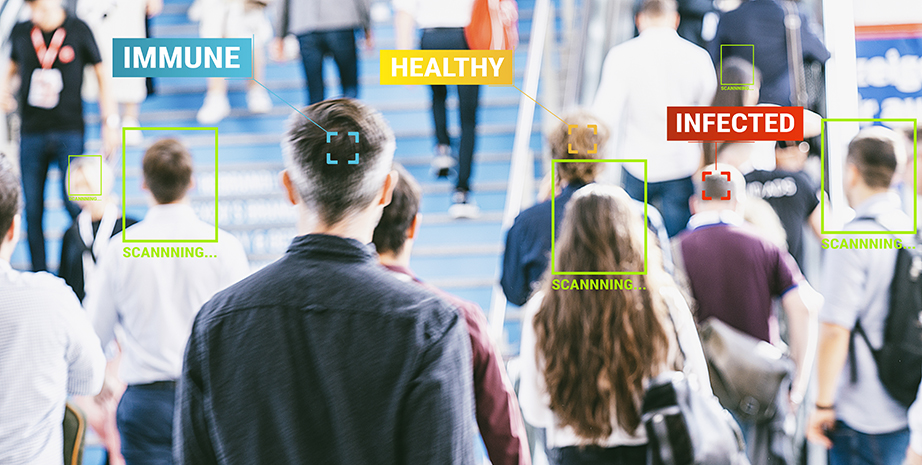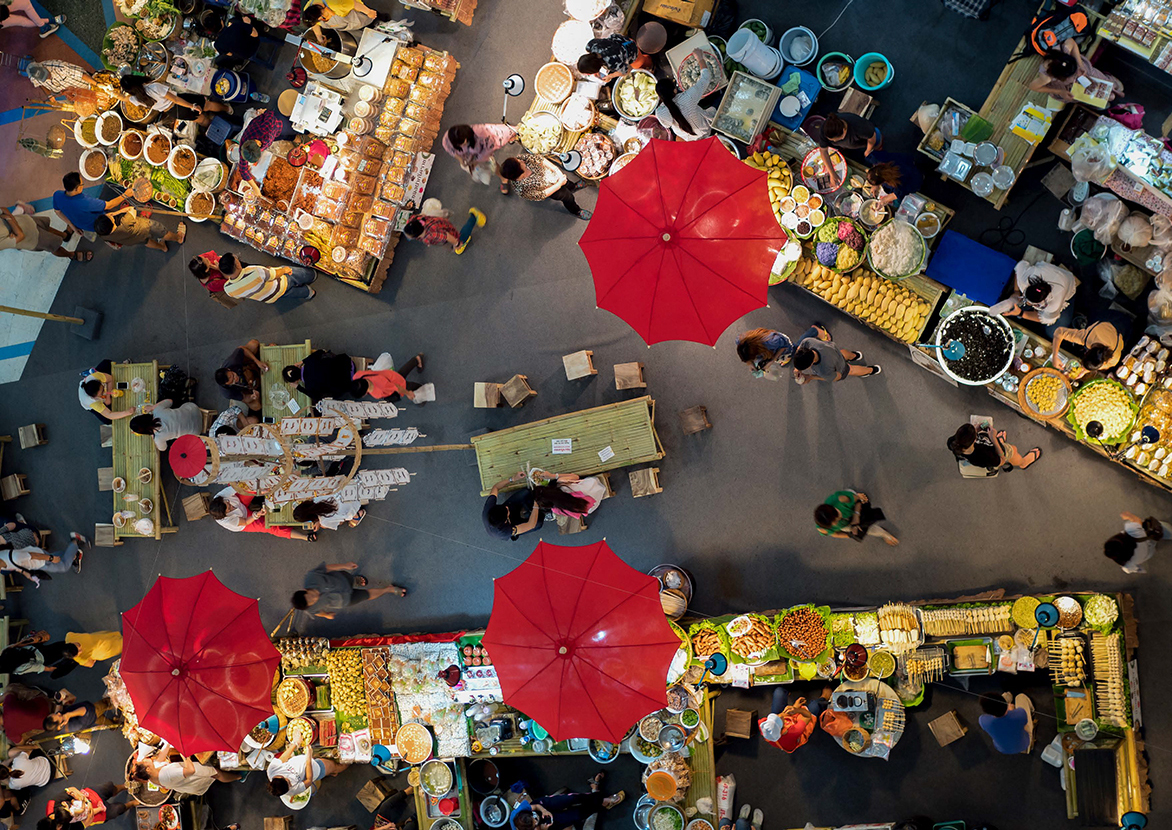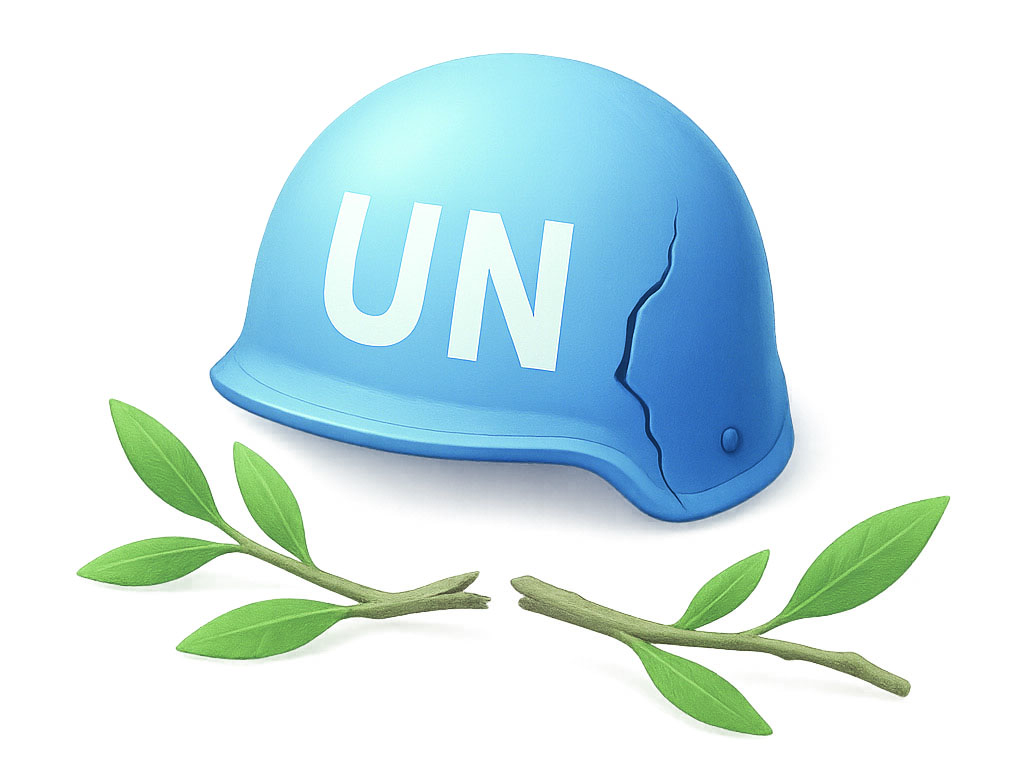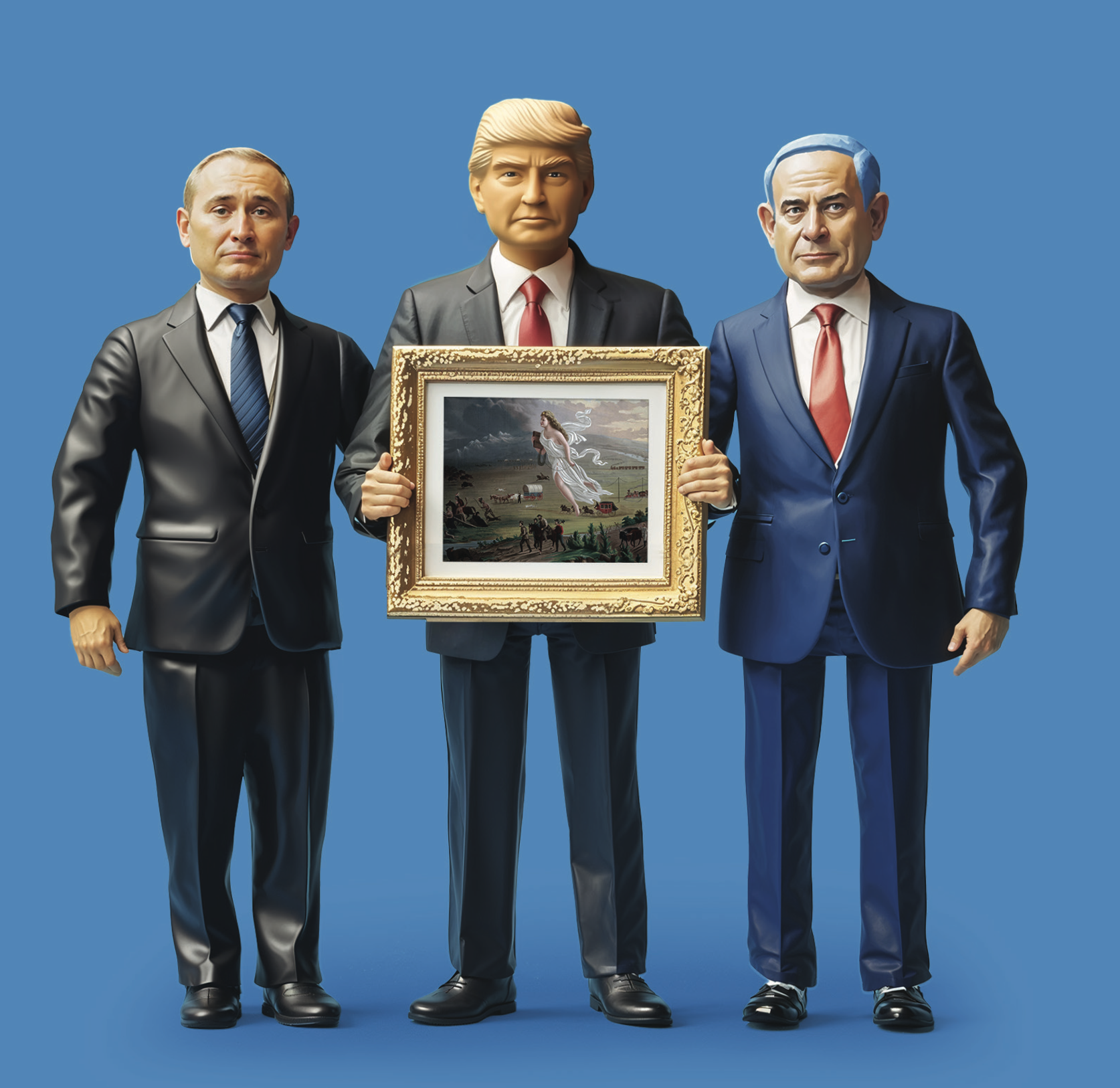Data Privacy and Human Rights: Balancing Security and Civil Liberties in the Age of Terrorism
The Day the Phone Rang
In a quiet neighborhood in Nairobi, Amina’s phone rang one morning with a message she didn’t understand. It wasn’t spam—it was a notification from a digital ID system designed to protect citizens from terrorism. Only, Amina couldn’t access her social services. She had been flagged, without explanation.
Thousands of miles away, in London, Ahmed walked past a row of cameras at a train station. Days later, he learned his face had been misidentified by a facial recognition system. He had done nothing wrong—but the algorithm didn’t know that.
These stories are no longer anomalies. Across the globe, surveillance technologies meant to protect us from violence are quietly reshaping our daily lives. And increasingly, the private sector is building the tools behind these systems.
From 9/11 to Mass Data
The attacks of September 11, 2001, triggered a rapid expansion of security technologies. Governments sought to monitor phones, financial transactions, and public spaces. Private technology firms seized the opportunity, supplying AI software, biometric scanners, and predictive analytics platforms to agencies worldwide. Companies like Palantir, IBM, and NSO Group became central to this ecosystem. Palantir’s Gotham platform helps intelligence agencies link data from disparate sources, while NSO Group’s Pegasus spyware has been sold to governments globally. Even cloud and IT giants now provide secure data storage and AI-driven analysis for national security purposes. Facing growing criticism over privacy violations, these companies insist their technologies are vital to keeping societies safe. They frame themselves not as spies, but as service providers working under government mandates and strict legal frameworks. Company representatives stress that they build tools, not policies, and how the tools are used is determined by government clients. To ease public concern, firms like Palantir and IBM now release transparency reports and highlight internal ethics boards and data protection protocols as evidence of accountability. We need a global standard for privacy and protection since we live in a global world.
While these technologies enhance capabilities, they also blur accountability. Private corporations design and deploy systems that affect millions of people, yet oversight is often limited. Proprietary algorithms shield decision-making from public scrutiny, leaving citizens with little recourse when misidentified or monitored.
The Numbers Behind the Fear
Terrorism continues to shape policy. The Global Terrorism Index 2024 recorded over 8,000 attacks in 2023, resulting in nearly 30,000 deaths. The Sahel region of Africa accounted for 43% of these fatalities.
Governments justify widespread monitoring, but private companies are the ones translating data into actionable intelligence. By 2025, the world will generate 175 zettabytes of data, feeding surveillance and AI systems built, maintained, and sometimes monetized by corporations.
“When surveillance meant to protect ends up restricting the very freedoms it defends.”
When Technology Misfires
Consider Pegasus. Marketed for counterterrorism, it was used in over 45 countries to monitor journalists, activists, and political figures. While governments claimed national security justifications, the human cost was enormous.
AI systems present similar challenges. Facial recognition trials in London had 81% false positives, disproportionately affecting ethnic minorities. UNESCO’s Global AI Ethics Report 2023 found that 35% of AI models in security operations carry measurable bias.
Private sector companies are now central to these challenges, designing systems that shape who is watched, flagged, or excluded. Oversight often lags behind innovation, creating a gray zone where commercial and state interests intersect.
The Human Toll
Back in Nairobi, Amina struggles to access healthcare. In Paris, Muslim communities report disproportionate monitoring under anti-terrorism programs. In the U.S., an FBI audit revealed 70% of facial recognition searches involved people not suspected of any crime.
When private companies control the tools, citizens are caught between government security needs and corporate imperatives—profit, innovation, and secrecy. The result is an environment where human rights can be overlooked in the rush to deploy technology.
Seeking a Better Way
Experts argue that privacy and security can coexist—but only if both governments and corporations are held accountable. The UN Office of Counter-Terrorism and OHCHR launched Security and Privacy in the Digital Age, promoting human-rights-compliant surveillance.
Guiding principles now explicitly address the private sector:
Legality and Necessity: Surveillance must be proportional and justified, whether executed by a state or vendor.
Transparency: Corporations supplying critical security technologies should disclose how systems operate and what data is collected.
Independent Oversight:
Courts or impartial bodies must review both government and vendor operations.
International Cooperation:
Harmonize privacy and security standards globally, including private actors.
Human-Centric Design:
Embed human rights principles into technology development and deployment.
These steps aim to ensure that citizens are protected without leaving accountability in private hands unchecked.
Security and Freedom, Together
Across the globe, citizens like Amina and Ahmed remind us that security and liberty are intertwined. UN Secretary-General António Guterres said: “Security and freedom are not opposites—they are partners in peace.”
In a world dominated by AI, algorithms, and corporate-designed surveillance systems, the challenge is clear: ethical governance of technology. Only by aligning state powers and private capabilities with human rights can societies fight terror while preserving freedom and dignity.






